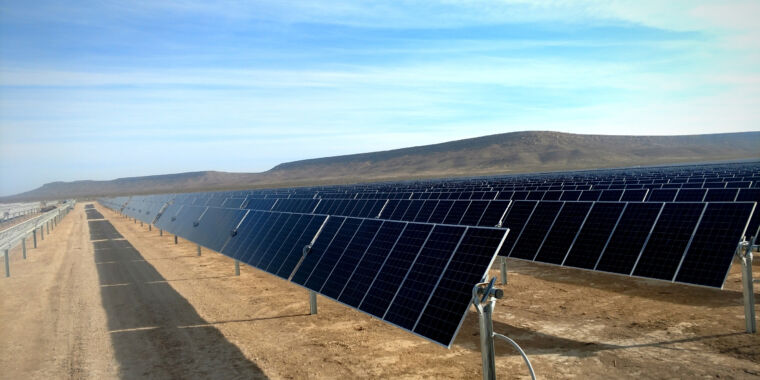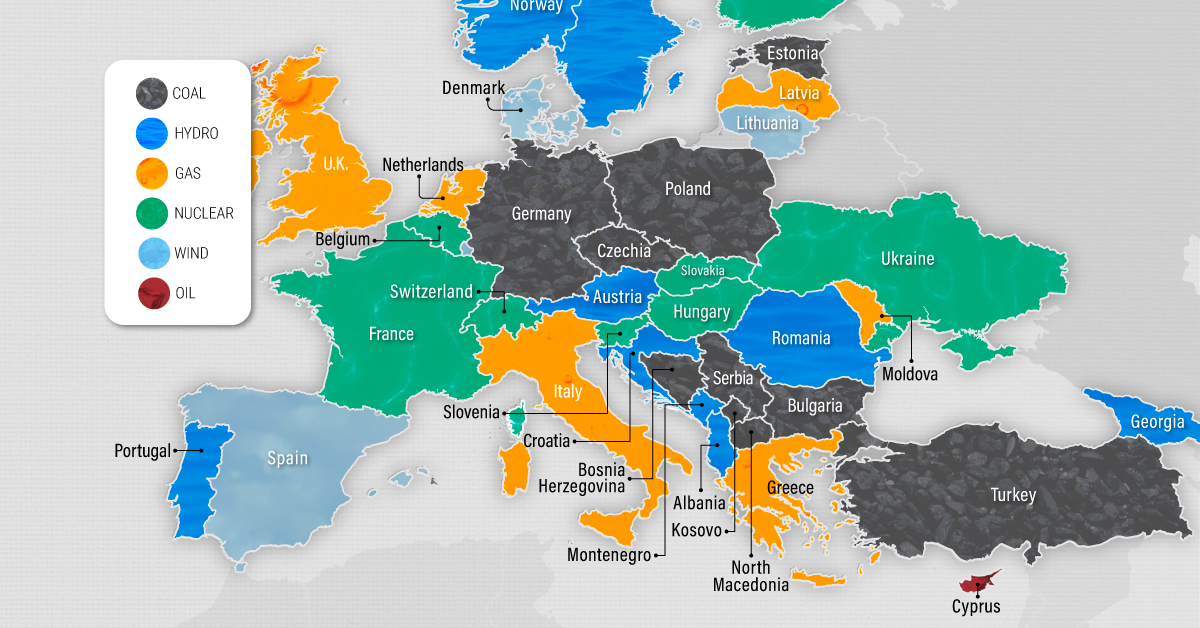Modern reactor design is quite safe - and as my father said:
“More people died at Chappaquiddick than Three Mile Island.” Back in the day he wrote a book addressing the fallacies of the anti-nuke crowd. He absolutely refused to change the title so it never got a serious technical review by any publishers. They said the title was too inflammatory:
Chappaquiddick 1, Three Mile Island 0
“More people died at Chappaquiddick than Three Mile Island.” Back in the day he wrote a book addressing the fallacies of the anti-nuke crowd. He absolutely refused to change the title so it never got a serious technical review by any publishers. They said the title was too inflammatory:
Chappaquiddick 1, Three Mile Island 0


